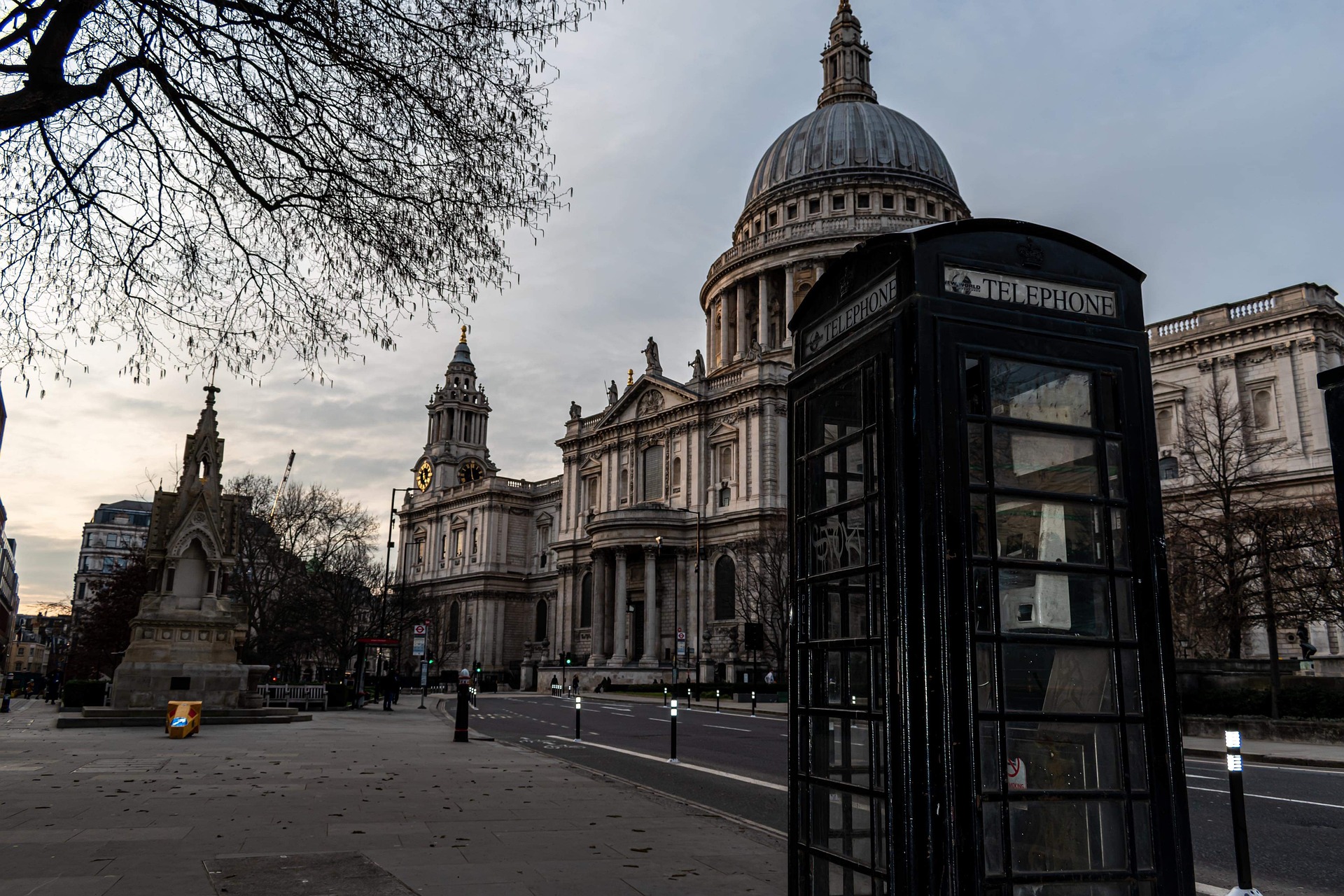Disposable Vape ban could undo years of progress in smoking cessation
07th Nov 2024

As many as half a million vapers could relapse or return to smoking as a result of the UK government’s plan to ban disposable vapes. This would effectively undo the last four years or more of success in smoking cessation services across England.
More smoking, not less!
The government’s own impact assessment has revealed that as many as “29% of current [vapers] will either revert/re-lapse to smoking tobacco” leading to a rise in “the sale of tobacco goods”, ultimately increasing, not reducing the number of smokers.
According to ASH’s most recent survey of adult vaping, there are 5.6 million vapers in the UK of which 3.3 million are former smokers, 2.2 million are current smokers and 440,000 are never smokers. Of these, around 30% use disposable vapes, equating to approximately 1.7million people, 29% of which amounts to almost half a million people who (according to the impact assessment) could relapse or revert to smoking.
To put that in perspective, the Statistics on NHS Stop Smoking Services in England, put the number of people who successfully quit through the year April 2023 to Match 2024 at 104,125.
Bans, high taxes and more illicit…
The impact assessment also reveals that there will also be an £8.6 million short fall in landfill tax and £2.2 million in extra costs for Trading Standards and small businesses are set to be hit to the tune of £11.3 million over the next ten years.
The report acknowledges that the legal and illegal markets are already roughly the same size. Banning a category of product is unlikely to help matters. In Australia where laws on e-cigarettes are so onerous that they may as well be banned, 90% of the market is thought to be illicit.
The cleanup involved for disposable products is currently funded via manufacturer contributions under the WEEE* scheme. However, when the disposable ban comes into effect, it is likely that there will still be a significant number of (illicit) disposables being thrown away and the question then becomes who is going to pay for that?
Vapers will also be hit with a tax increase in October 2026, which Labour MP Mary Glindon criticised during the budget debate, saying it could discourage people from quitting smoking.
Glindon, the MP for Newcastle upon Tyne East and Wallsend, said this tax increase was “unsustainably high” and would “hurt working people” who need vapes to quit smoking.
Legislation set to be introduced to parliament this year will ban the sale of single-use vapes in England. The legislation was tabled under the previous government, but the government ran out of time in the last parliament. It is now being taken forward by the (newish) Labour government.
*Waste Electrical and Electronic Equipment





